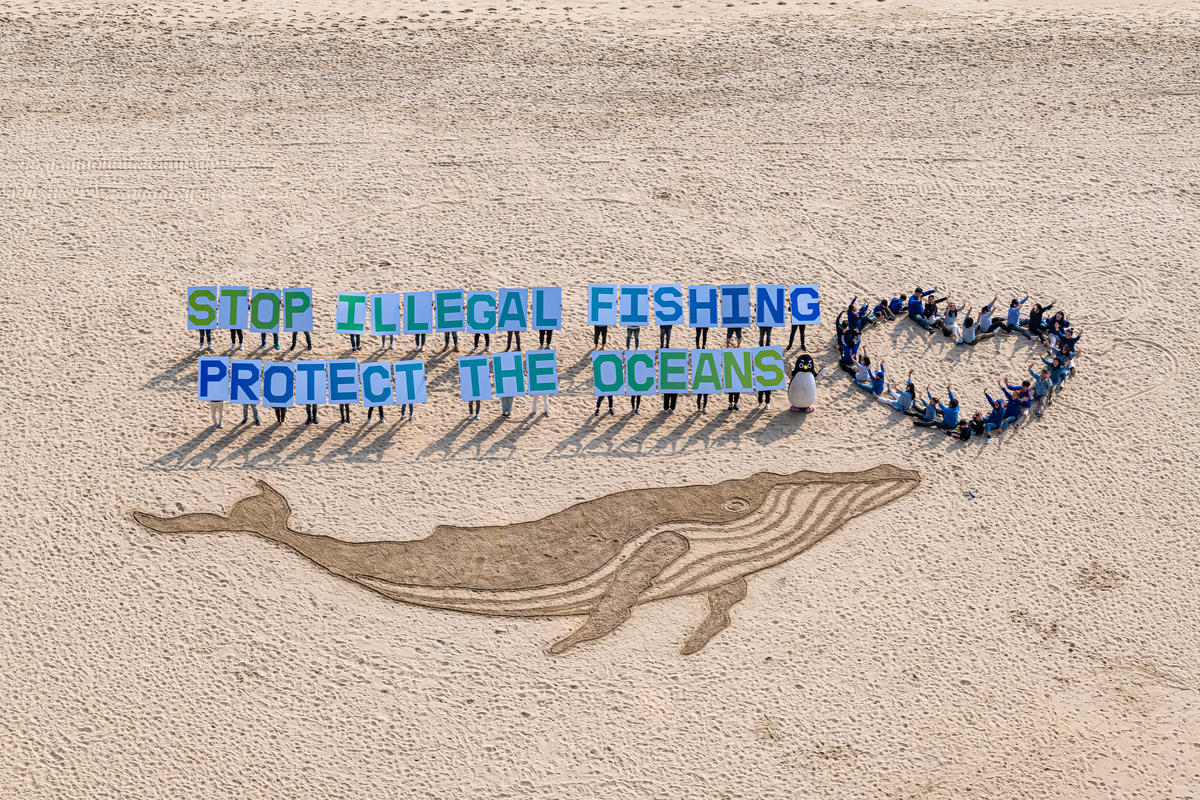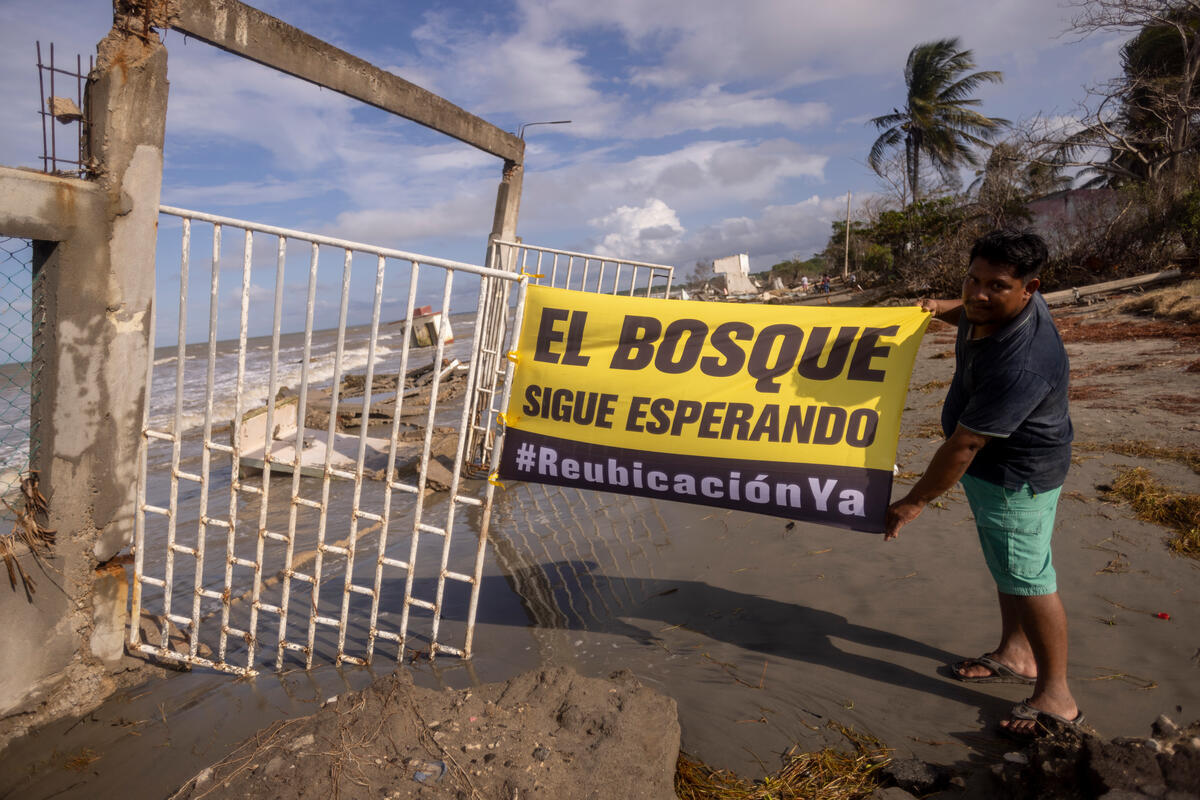All articles by Greenpeace International
-
Climate talks stalemate: Troika must now propel both climate finance and action
"Damning silence on what finance might be offered is stymying efforts to raise ambition and is a dereliction of duty to people battling climate-fuelled storms, fires and droughts.”
-
Greenpeace koalas scale iconic McDonald’s store, demanding fast food giant takes deforestation off the menu
Greenpeace Australia Pacific activists dressed as koalas have climbed an iconic McDonald’s store in Melbourne, kicking off a campaign highlighting the fast food giant’s failure to eliminate deforestation from its supply chain.
-
Banks must stop funding illegal Amazon deforestation, Prosecutor says after Greenpeace Brazil report
The landmark decision follows a Greenpeace Brazil’s report which found that national and international banks had been using Brazil's rural credit system to finance thousands of rural properties that are driving illegal deforestation, invasion of Indigenous territories, and other destructive activities.
-
Greenpeace report reveals shocking failures in global fisheries management
A new Greenpeace International report reveals shocking failures in global fisheries management over the last 70 years.
-
Breaking: Dutch court orders occupied fossil gas drilling platform to cease activities
Resistance works. Combined action by Greenpeace activists’ 8 hours of occupation of an offshore gas rig and a court proceeding has had success.
-
Greenpeace activists occupy a fossil gas drilling platform between Germany and the Netherlands
Five Greenpeace activists from Germany and the Netherlands have boarded and are currently occupying an offshore gas rig belonging to the Dutch energy company ONE-Dyas




